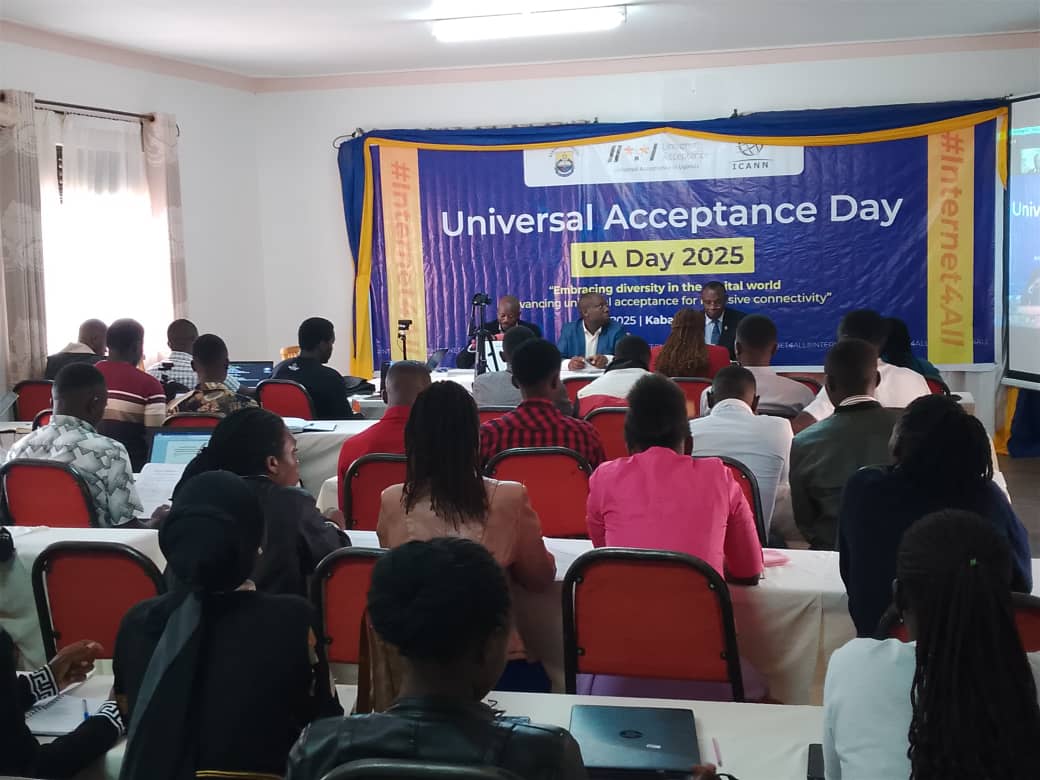Academics at Kabale University have urged internet developers to support more native languages online to promote digital inclusivity and widen access to global opportunities.
The call was made during the Universal Acceptance Day commemoration on March 28, an annual event advocating for a multilingual internet.
Kabale University, with support from the Internet Corporation for Assigned Names and Numbers (ICANN), hosted the event for the second consecutive year.
Discussions and technical training sessions focused on enabling domain names and email addresses to be universally recognised across different scripts and languages.
Speaking on behalf of the Vice Chancellor, Prof. Sabiti Makara of the Department of Governance highlighted that despite the internet being the fastest means of global communication, most of its content is limited to a few international languages.
He pointed out that millions of people who can only communicate in their mother tongues are effectively excluded.
"Recent statistics show that the top languages used on the internet are English, Chinese, Spanish, Arabic, Indonesian/Malaysian, Portuguese, French, Japanese, Russian, and German. Where does this leave people who can't speak these languages?" Prof Makara asked.
He urged for the recognition of more indigenous languages to ensure inclusivity, citing the Batwa in southwestern Uganda, who could use online platforms to market their produce if language barriers were removed.
Assoc. Prof. Francis Akena Adyanga, Dean of the Faculty of Education, traced the challenge to colonial rule, when Western languages were imposed on African countries.
He argued that the dominance of English and French in East Africa had led to indigenous languages being sidelined, including in internet development.
However, he commended organisations like ICANN for working towards making the internet more inclusive.
Cephas Nzana and Irad Arinda, computer science students at Kabale University, called for more decentralised internet infrastructure, improved access to website development tools, and policies that mandate the use of universally acceptable domain names and email addresses to bridge the digital divide.


